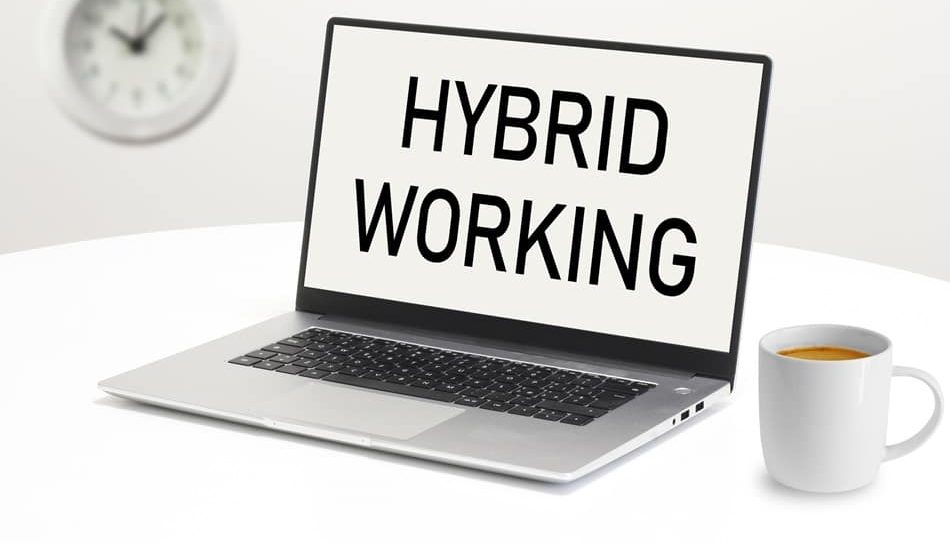It seems that many firms will continue to use remote or hybrid workspaces. Many companies have recently announced that they will be expanding their policies on remote employment, either temporarily or permanently. However, what would happen if you wanted to maintain the flexibility of remote or hybrid work but your organisation wanted to go back to a co-located model? The well-known online club app for online betting is kiss 918 apk.
There are two primary choices: either approach your present company about flexible work schedules or go to one of the numerous companies where remote or hybrid work is the standard. The changes we are witnessing in workplaces are mostly not novel.
How does hybrid work operate?
A flexible work arrangement known as hybrid work enables individuals to split their working hours between home and workplace. Depending on the demands of the business, employees may spend different amounts of time at work and home. In order to do safe remote work, employees in hybrid employment typically rely on their digital and technological abilities. Employees might need to utilise cloud-based document collaboration tools, video conferencing software, and virtual private networks (VPNs) to access business files, data, and applications.
Self-control
Employee success in hybrid employment requires self-discipline. Remote employees are responsible for keeping themselves in a routine. In an office, external factors control the workday. Self-control to do hybrid work People who want to succeed must be able to handle both. They must continue to practise self-control when working remotely in solitude. It can maintain concentration in the face of possible distractions from a shared office. To switch between the two, they’ll require hybrid abilities such as:
- Time management
- Project oversight
- Efficiency
- Being mindful
Remote cooperation
Remote cooperation is the first essential ability in a mixed work setting. With employees increasingly having to work remotely with individuals, including clients and coworkers in different countries and time zones, collaboration is more crucial than ever. Relationship-building skills have become increasingly important. But they are also harder to accomplish from a distance. The kiss 918 software works with nearly any smartphone, including those from a few years back.
Need Career Advice? Get employment skills advice at all levels of your career
Fostering teamwork
Before the pandemic, a study published in the Harvard Business Review discovered that remote workers experience exclusion when projects change without their consent or awareness. Since a hybrid workforce will never be in one place at a time, the company may take advantage of cloud-based solutions that are accessible from anywhere. As a result, it’s critical to employ technologies that consolidate communication funnels into a single platform for simple access, storage, and recordkeeping.
Conclusion
Companies may foster a culture that values open communication, recognizes hard effort, and gives workers a sense of security, belonging, and empowerment to enhance the soft skills of their workforce. In these circumstances, employees are more likely to approach problems with empathy, bring fresh ideas, and communicate their needs to management.
In addition to providing many benefits to employees, remote and hybrid workplaces have the potential to draw in a bright, skilled, and varied staff. Reducing the disparity will be crucial for maintaining robust and prosperous groups.




